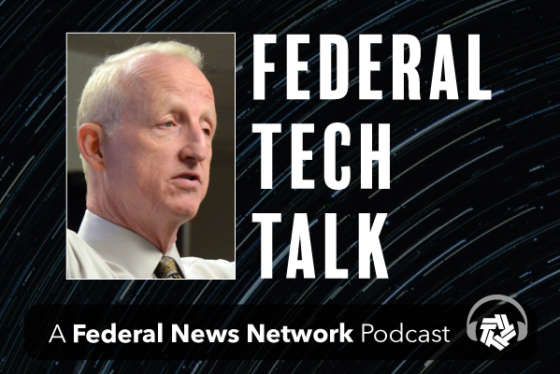
Satellite technology: Is it safe?
This week on Federal Tech Talk, Michael Geist, senior vice president of Strategy and Technology at Envistacom, joins host John Gilroy to discuss the step that...
Best listening experience is on Chrome, Firefox or Safari. Subscribe to Fed Tech Talk’s audio interviews on Apple Podcasts or PodcastOne.
One of the main lessons from 2020 is increasing reliance on secure communications technology. For the federal government, one key aspect is data that is transmitted from satellites.
What may surprise some listeners is that today, space is an environment that is no longer benign. This is a quote from Maj. General John E. Shaw, from the Combined Space Force Command.

Michael Geist is the senior vice president of Strategy and Technology at Envistacom. He told host John Gilroy on this week’s Federal Tech Talk that it is the responsibility of federal information technology professionals to ensure that the data that is transmitted through those satellites is resilient.
He explains that, traditionally, this was done with parallel systems. Think of having two power sources for your house. Today, systems are being overburdened with traffic. Thousands of satellites will be in the skies in 2021. The old systems just aren’t flexible enough to handle the challenges of volume and rapid change.
Geist suggests that the way to make satellite communication resilient, interoperable, flexible, and secure is to consider a system that uses virtual modems. Kind of a variation on virtual networks, a virtual server allows rapid changes in infrastructure in case there is an unexpected change.
For example, if a satellite signal is subject to interference, then it can rapidly switch to another method of communicating to the ground station.
Copyright © 2025 Federal News Network. All rights reserved. This website is not intended for users located within the European Economic Area.





